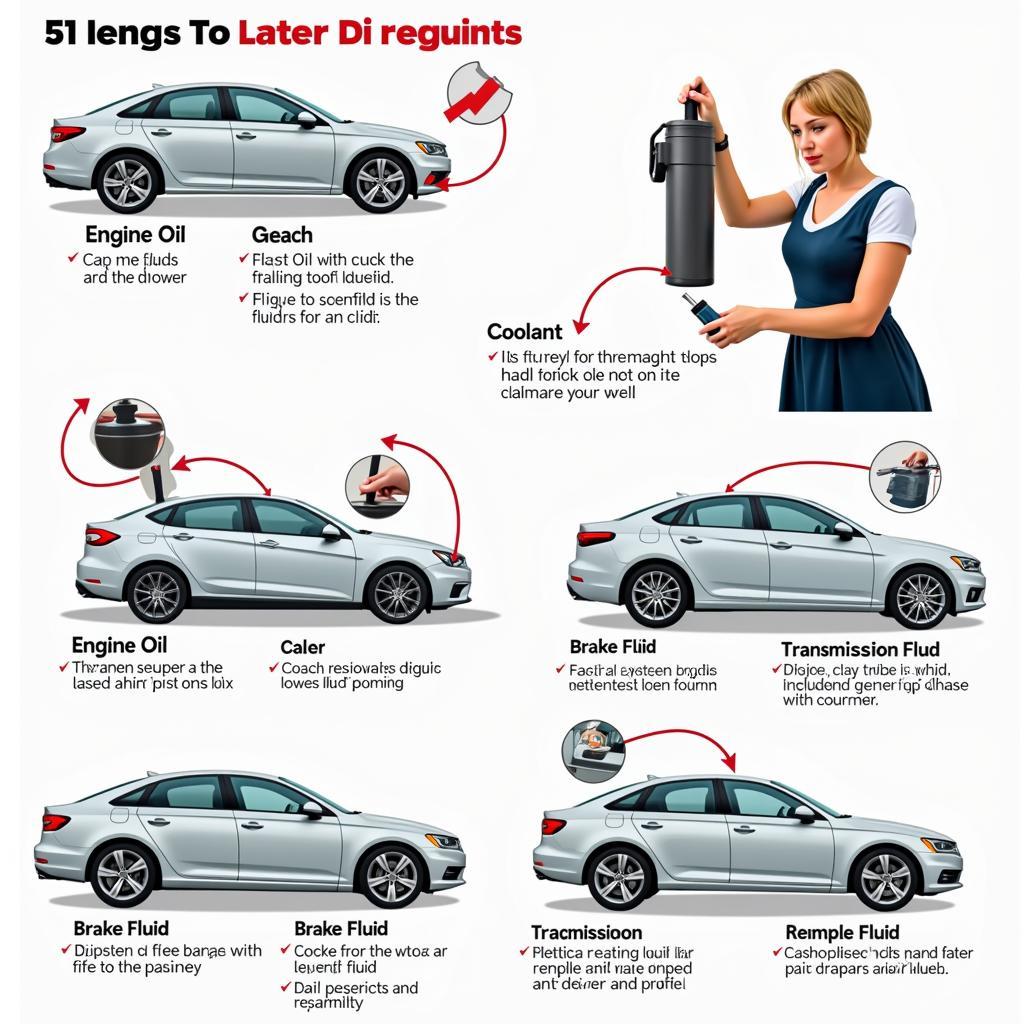Maintaining your car is crucial for its longevity, performance, and safety. But How Much Does Regular Maintenance Cost For A Car? Understanding these costs can help you budget effectively and avoid unexpected expenses down the road. We’ll explore the various factors influencing maintenance costs and provide practical tips to manage them. Jump in and learn how to keep your car running smoothly without breaking the bank!
One of the first things you’ll learn about car ownership is that it’s not just about the initial purchase price. Ongoing maintenance is essential. car turbo maintenance can be particularly pricey, but neglecting it can lead to far greater expenses. While the specific cost varies, being prepared for these expenses will save you from headaches later. Many factors influence how much you’ll spend, including your car’s make and model, age, mileage, and your driving habits.
Factors Influencing Car Maintenance Costs
Several factors play a role in determining your regular car maintenance costs.
Vehicle Make and Model
Luxury cars often have higher maintenance costs due to specialized parts and labor. Similarly, some brands are known for their reliability, leading to lower maintenance expenses over time.
Age and Mileage
As your car ages and accumulates mileage, certain components are more likely to wear out, requiring replacement or repair. This is a natural part of a car’s lifespan.
Driving Habits
Aggressive driving, frequent short trips, and driving in harsh conditions can accelerate wear and tear on your vehicle, increasing maintenance needs.
Location
Labor rates and parts availability can vary depending on your location, affecting the overall cost of maintenance.
Typical Maintenance Costs: What to Expect
So, how much should you budget for? While it varies, here’s a general idea:
- Routine Maintenance (Oil changes, tire rotations, etc.): $50 – $200 every 3,000-5,000 miles
- Brake Pad Replacement: $150 – $300 per axle
- Tire Replacement: $100 – $300 per tire
How to Minimize Maintenance Costs
Follow Your Car’s Recommended Maintenance Schedule
This is the single most effective way to prevent costly repairs down the line. It’s your car’s owner’s manual’s best friend.
Shop Around for the Best Deals on Parts and Labor
Don’t just settle for the first quote you receive. Comparing prices can save you significantly. Don’t be afraid to negotiate!
Perform Simple Maintenance Tasks Yourself
Tasks like checking fluids and changing air filters can be easily done at home, saving you money on labor costs.
How often should I change my oil?
Typically, every 3,000-5,000 miles, but consult your owner’s manual for specifics.
What is included in a tune-up?
Usually, spark plug replacement, air filter change, fuel filter change, and other checks.
“Regular maintenance is an investment, not an expense. It preserves your car’s value and keeps you safe on the road,” says John Smith, Senior Automotive Technician at Smith Auto Repair.
“Ignoring routine maintenance can lead to much bigger problems down the road. It’s like skipping your annual doctor’s appointment – you might feel fine now, but you’re setting yourself up for potential trouble later,” adds Jane Doe, Lead Mechanic at Doe’s Auto Shop.
Conclusion
Understanding how much regular maintenance costs for a car allows you to budget effectively and enjoy trouble-free driving. By following the tips outlined above, you can keep your car in top condition without overspending. For expert advice and assistance with your car maintenance needs, feel free to contact us at AutoTipPro. You can reach us at +1 (641) 206-8880 or visit our office at 500 N St Mary’s St, San Antonio, TX 78205, United States. car turbo maintenance is one area we specialize in.
FAQ
- What is the most important regular car maintenance task? Regular oil changes are vital for engine health.
- How often should I rotate my tires? Every 5,000-7,500 miles is generally recommended.
- Can I perform maintenance myself? Some tasks are DIY-friendly, while others require professional expertise.
- What are signs my brakes need attention? Squealing, grinding, or a spongy brake pedal are warning signs.
- How can I find a reliable mechanic? Ask for recommendations from friends and family or check online reviews.
- Why is preventative maintenance important? It prevents major issues and extends your car’s lifespan.
- How can I keep track of my car’s maintenance schedule? Use a maintenance log or a reminder app.





Leave a Reply